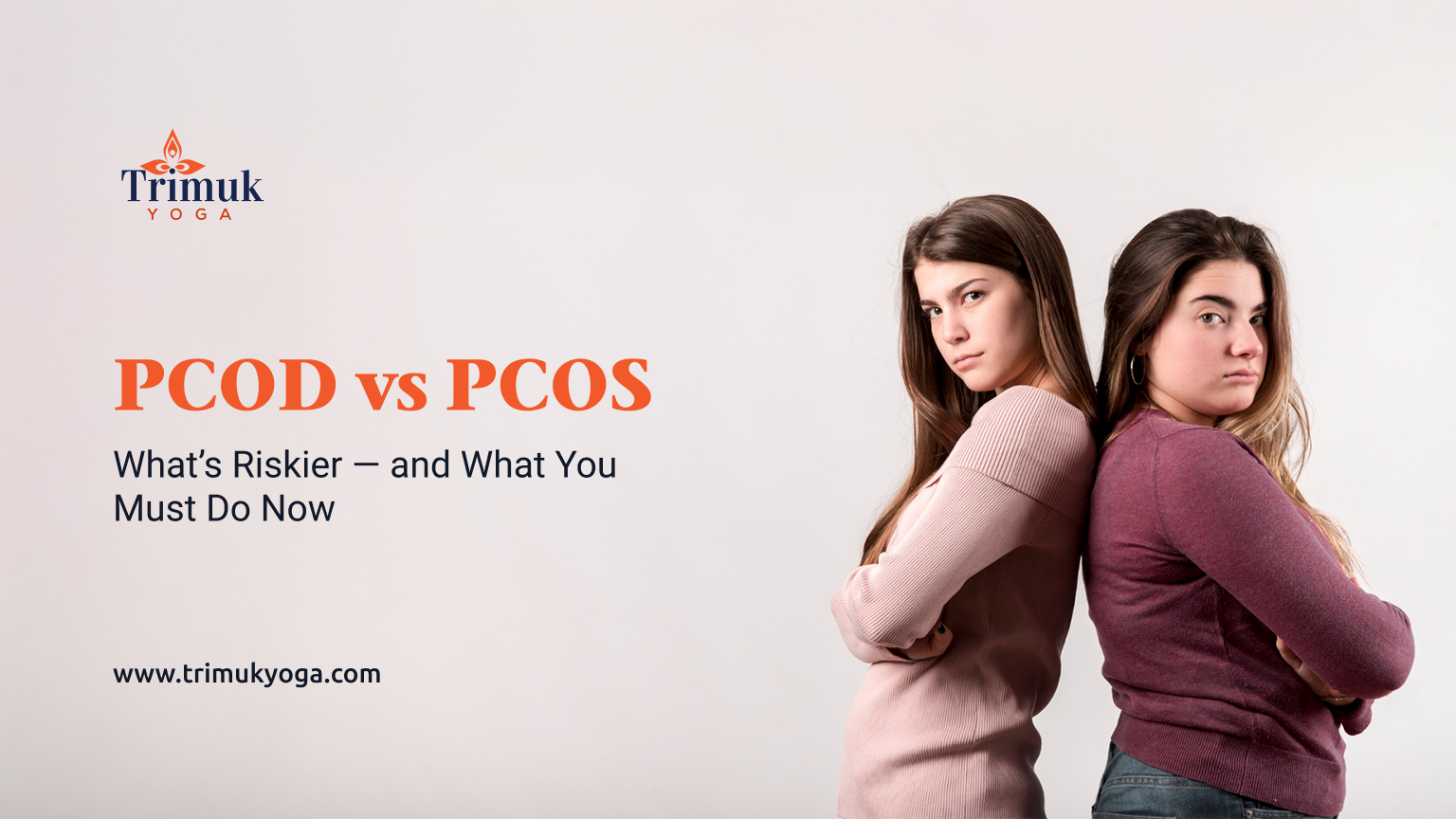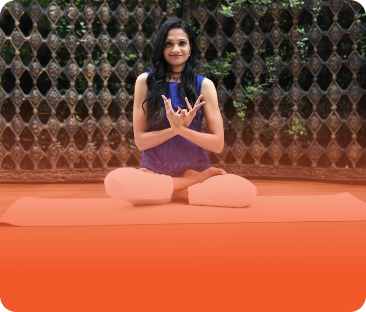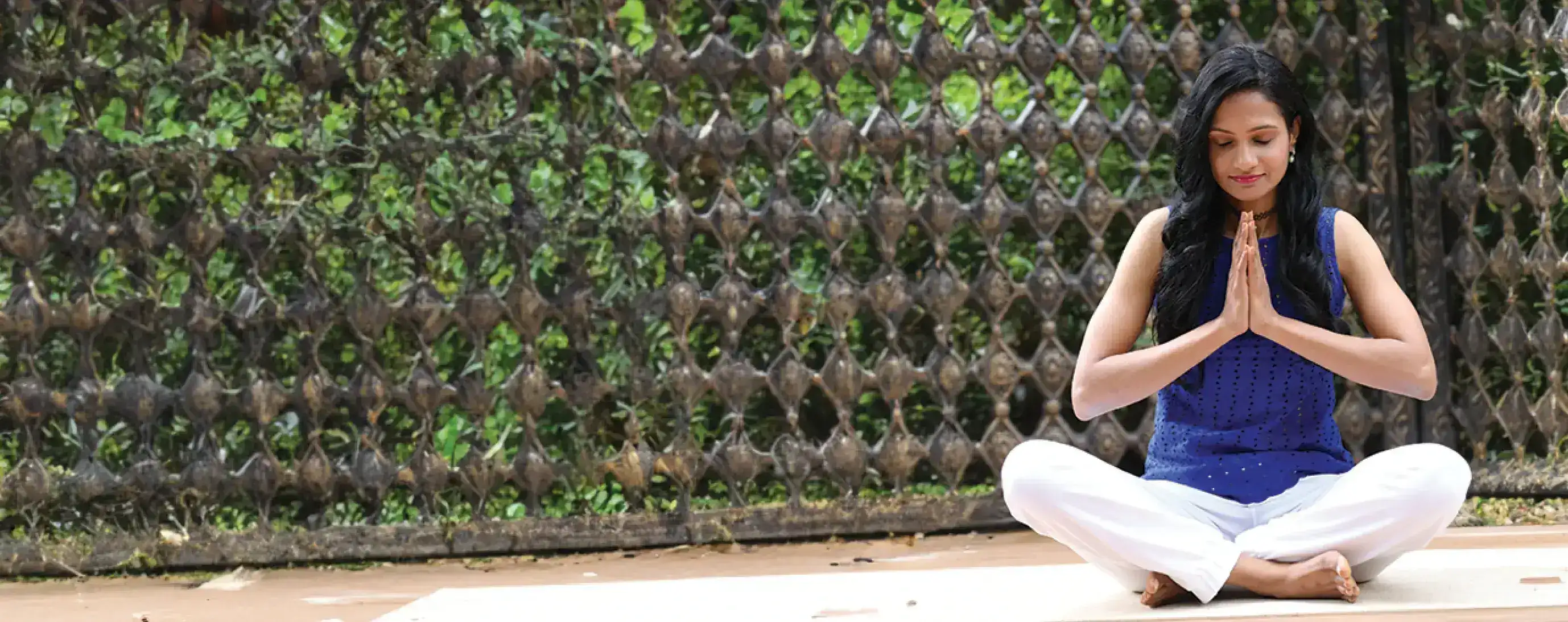PCOD vs PCOS: Which Is More Dangerous—and What You MUST Do About It Now
Understand the Key Differences Between PCOD & PCOS—And Take Control Naturally


If you’ve ever Googled “PCOD or PCOS—which is worse?”, you’re not alone. These two terms are often used interchangeably, but here’s the game-changing truth: they are NOT the same. And understanding the difference could change your life.
Let’s break it down—fast.
So which is more dangerous? 👉 PCOS is generally considered more severe and long-term. But both conditions signal that your body is out of balance—and both demand immediate attention.

While PCOD mainly affects the ovaries, PCOS impacts your entire endocrine and metabolic system. That means:
PCOS can stop ovulation for months—or even years. No ovulation = no periods = higher risk of endometrial cancer.
Women with PCOS often find it more difficult to conceive naturally without medical or lifestyle intervention.
PCOS is tied to depression, anxiety, and brain fog, often more intensely than PCOD.

PCOD can still cause:
If left unchecked, PCOD may progress into PCOS. So don’t wait until it’s “officially serious.”

Here’s where the power shift begins.
Yoga isn’t just about stretching. It’s a hormonal balancing, cortisol-smashing, cycle-restoring force of nature.
Just 20 minutes a day with the right breathwork can ignite massive shifts.

Ditch the fad diets. Go for:
Stay hydrated. Sip spearmint tea. Eat mindfully.

Don’t wait for the diagnosis to get worse. Don’t wait for another irregular period. Don’t wait for a prescription.
✨ At Trimuk Yoga, led by India Excellence Award winner Radhika Bargava, we don’t just manage symptoms. We transform lives. With targeted yoga flows, personalized nutrition coaching, and deep hormonal insight—we’re helping women reclaim their cycles, confidence, and calm.
Your body is talking. It’s time to listen—and take action.
👉 Ready to break free from the hormonal chaos?
Join our PCOD/PCOS Yoga Healing Program now
Q1. Can PCOD turn into PCOS? Yes, if lifestyle and hormonal imbalances aren’t addressed, PCOD can worsen and evolve into PCOS over time.
Q2. Is one more dangerous than the other? PCOS is generally more severe due to its systemic impact on metabolism, fertility, and cardiovascular health.
Q3. Can yoga really help with PCOD and PCOS? Absolutely. Yoga regulates stress hormones, improves circulation, and promotes ovulation—key factors in managing both conditions.
Q4. Are PCOD/PCOS symptoms reversible? With early intervention through yoga, nutrition, and lifestyle changes, many symptoms can be reversed or dramatically improved.
Q5. How soon will I see results with Trimuk Yoga’s PCOD/PCOS program? Most women begin to feel more energetic, regular, and balanced within 3–4 weeks of consistent practice.
A renowned and qualified yoga instructor with years of experience in teaching traditional Hatha Flow and Ashtanga Vinyasa Yoga, Radhika is passionate about sharing the true essence of yoga with her students. Being a certified yoga teacher and health & nutrition coach, Radhika demonstrates a deep understanding of mind-body connection which is reflected in her tailored classes.

Get personalized care. Consult specialists about your concerns and treatments.
